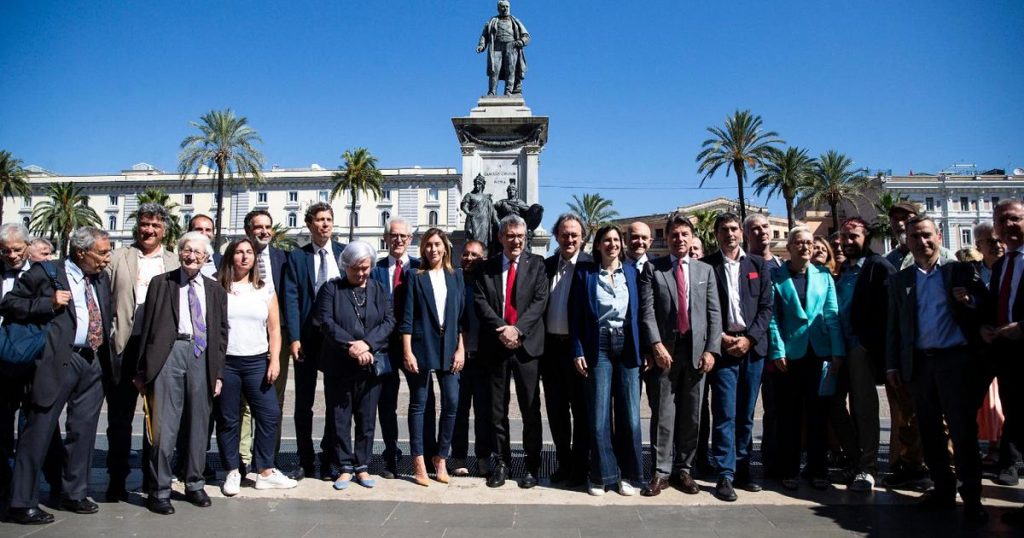Elly Schlein, the secretary of the Democratic Party, has criticized Giorgia Meloni regarding taxes and public healthcare. Schlein accused Meloni of lying to the country, pointing to a government document that states diesel taxes will increase, despite Meloni’s promises to reduce them. Schlein also disputed Meloni’s claims of investing more in healthcare, pointing out that healthcare spending as a percentage of GDP has been decreasing under Meloni’s leadership.
Schlein has called for opposition forces to work together to form an alternative government to Meloni’s. She emphasized the need for collaboration in order to address the challenging economic situation facing the country. Schlein expressed a willingness to build alliances with other opposition parties to create a unified front against Meloni’s government. She urged the primary opposition party to focus on solutions rather than creating further problems.
Former Prime Minister Giuseppe Conte criticized the current government, likening it to a condominium where everyone freely expresses their opinions without a clear leader. Conte raised concerns about the lack of a strategic plan for the country’s economic future, particularly in light of potential cuts to public transportation and education. He also highlighted the government’s inconsistency on issues such as pension reforms.
The Democratic Party has also taken issue with Meloni’s appointments to various positions, accusing her of favoring members of her own party over qualified individuals. Stefano Graziano criticized Meloni’s accusations of cronyism, pointing to her own political appointments within the RAI board and the potential consequences of breaching EU regulations. The Democratic Party expressed concern over the negative impact of Meloni’s actions on the country’s economic and social well-being.
In response to allegations of spying and surveillance, Matteo Renzi expressed solidarity with Meloni while also criticizing her for selective outrage. Renzi pointed out that his own personal information had been leaked without significant public outcry, contrasting it with Meloni’s vocal opposition to being spied on. He described Meloni’s reaction as hypocritical and raised questions about her silence on similar privacy breaches affecting others. Renzi highlighted the need for consistency in addressing privacy violations and defending individual rights.
Overall, the political landscape in Italy is marked by tensions between the ruling government led by Giorgia Meloni and various opposition parties, including the Democratic Party. Disputes have arisen over issues such as taxation, healthcare spending, economic planning, and political appointments, reflecting broader ideological divisions within Italian politics. The calls for collaboration and alternative solutions underscore the need for unity and strategic planning in addressing the country’s socio-economic challenges.


